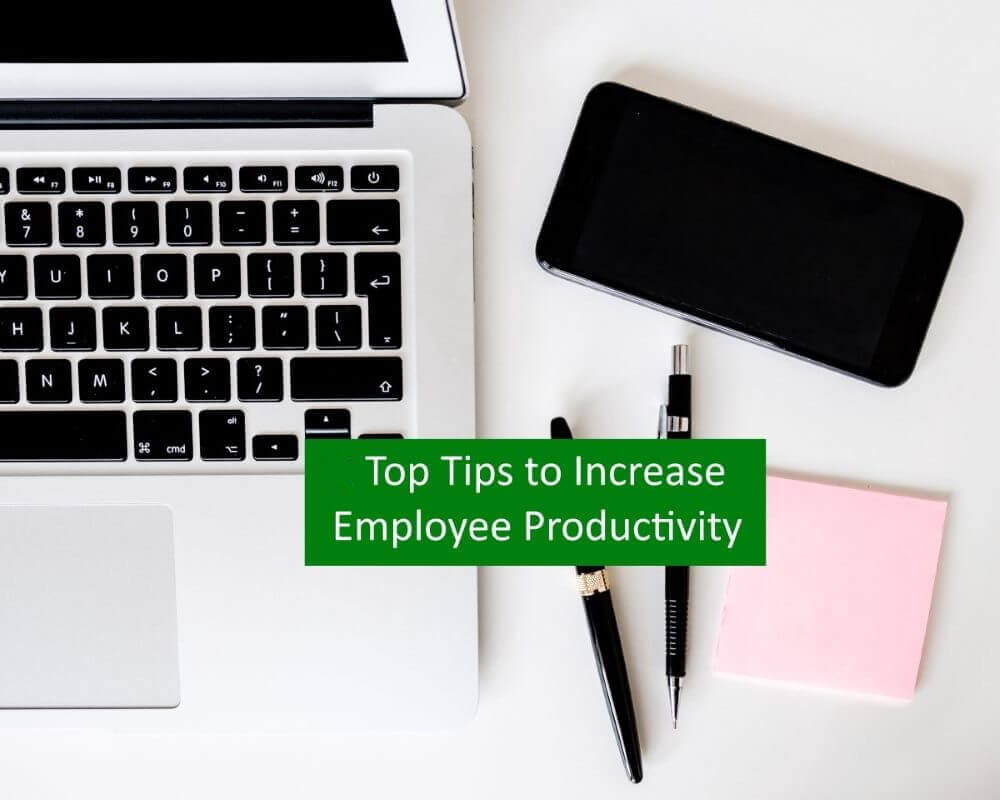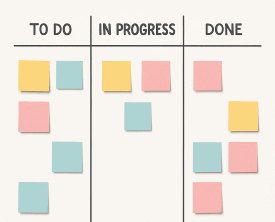4 Time-Wasting Habits to Eliminate
By Mark Ballance, Resource Scheduling Specialist at Schedule it Ltd since 2010.
 Thanks to technology, the world is operating at such a pace that most employees hardly have time to catch breath. This leaves us with two choices: either we work faster or we work smarter to get more time in the day.
Thanks to technology, the world is operating at such a pace that most employees hardly have time to catch breath. This leaves us with two choices: either we work faster or we work smarter to get more time in the day.Most of us are already working as fast as we can while trying our level best to not sacrifice the quality of our work. So, you are left with trying to figure out ways to work smarter.
It may seem that this rat race might force us into effective time management and staff scheduling, but hardly anyone feels like they are ever well-rested unless they take a few days off work.
Sometimes you end up doing the bare minimum just to save your sanity, but it's a process all professionals have to go through. So, here are a few time wasting habits that you should encourage yourself and your employees to eliminate from the daily work routine:
Spending Too Much Time on Emails

Resist the urge to reply to emails 24/7. If you find you are typing at full speed while having dinner or you're checking your email every time you wake up in the middle of the night, that's a serious problem.
If you are spending more than 2 hours every day on emails, you need to question yourself, how much of that is essential and how much can be delegated? Essential emails are those that require your urgent attention and are explicitly directed to you or your work. You will be surprised to realize how many of those emails just waste your time.
If you have an assistant, request them to filter your emails. They can help you respond to emails that are important while the rest can be simply eliminated.
Being Unorganized

If you walk into work every day without knowing what you will be doing, that's a waste of time as well. Being organized in your tasks saves time because you are not wondering what to do next.
Planning your day also helps you prioritize tasks so you don't miss deadlines. Your to-do list and daily schedule should be done the day before, so in the morning you can get right to work.
Micromanaging Work

Micromanaging and trying to do everything yourself is the biggest time waster. You want to spend time on things that are essential to your job. Using Eisenhower's Urgent/Important Principle to understand the difference between important and urgent tasks is critical. Everything else should be delegated or left to do at a later time.
This also means that if someone is requesting for help, only agree to do so when your plate is absolutely empty.
Doing Everything

If you are self-employed and you can comfortably afford an assistant, it's highly recommended that you do so. Students and fresh graduates are eager to learn and you can hire them at a reasonable wage.
However, if you are looking to delegate vital tasks, especially if there is client dealing involved, stick to professionals. The goal is to create more hours in the day for yourself so that you can spend time on more important tasks.
With more time, you can deliver high quality work and make yourself even more valuable.
If you are looking for tools to schedule the tasks for you and your staff then try the Resource Scheduling Software from Schedule it absolutely free.
Try Schedule it Free
No credit card required. Capterra/G2











